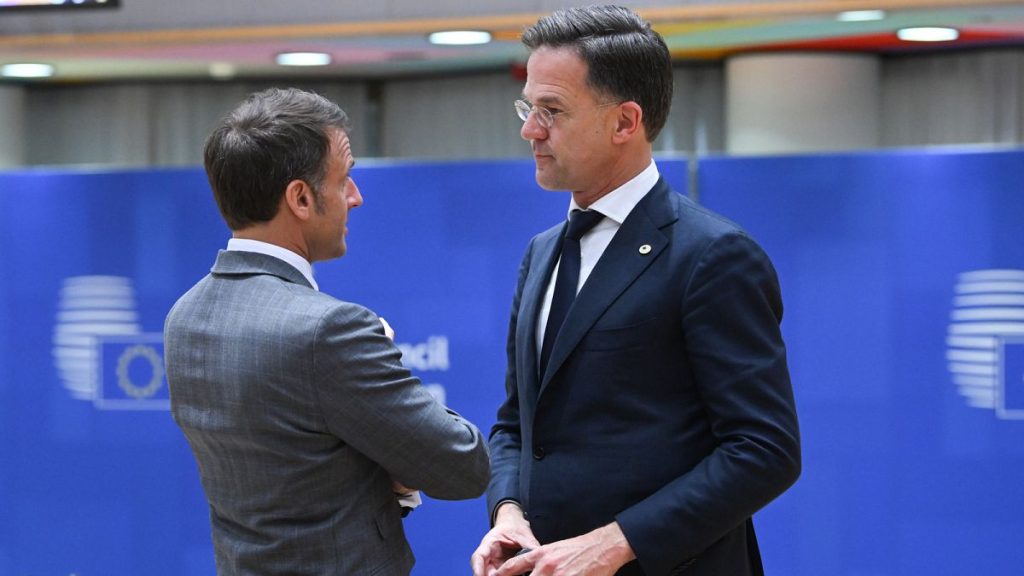The EU leaders are facing increasing pressure to enhance efforts to protect Ukraine from Russian airstrikes following President Zelenskyy’s criticism of the lack of political will among Western allies. German Chancellor Olaf Scholz and Netherlands’ caretaker Prime Minister Mark Rutte have both called for urgent action to provide Kyiv with the air defence systems it needs. They suggested that countries within the bloc should consider donating their own air defence systems to Ukraine to assist in fending off the missile attacks from Russia. The summit’s draft conclusions emphasize the urgent need to provide air defence to Ukraine and accelerate the delivery of military assistance.
Zelenskyy criticized Western allies for not providing Ukraine with the maximum protection against Russian missile airstrikes, similar to the assistance they offered to Israel in intercepting missiles. The UK, France, and the US came to Israel’s aid during an attack by Iran, but Ukraine has not received the same level of support. Despite backing from the Baltic states, NATO has rejected Ukraine’s requests for a no-fly zone above parts of the country to avoid getting involved in a direct conflict with Russia. Allies have provided advanced missile defence systems to Kyiv, but these resources have been quickly depleted by Russian attacks.
Concerns about losing focus on Ukraine amid the crisis in the Middle East were raised by Lithuanian President Gitanas Nausėda ahead of the EU summit. He criticized the slow implementation of promised weapons deliveries to Ukraine and urged the bloc to prioritize the timely delivery of support. The EU’s failure to meet its target of providing Ukraine with one million ammunition rounds within a year prompted the Czech Republic to launch its own initiative to fill the ammunition gap, with other EU countries contributing financially. Danish Prime Minister Mette Frederiksen suggested replicating the Czech-led initiative for air defence systems during the summit discussions.
The EU summit, initially focused on the economy and competitiveness, has been overshadowed by the crisis in the Middle East, prompting leaders to refocus on the situation in Ukraine. The slow delivery of promised weapons to Kyiv has prompted criticism from leaders within the bloc, with calls for more efficient implementation processes. Plans to utilize windfall revenues from frozen Russian assets in the EU to aid Ukraine in arming and reconstructing the country are also being discussed during the summit. The need to intensify support for Ukraine and ensure the timely delivery of military assistance remains a top priority among EU leaders as they address the escalating conflict in the region.













